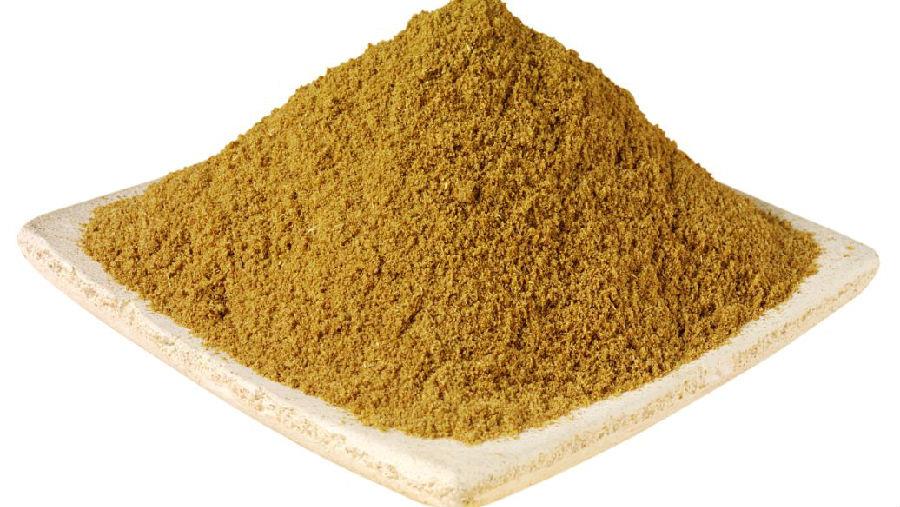
2020-06-18
Potassium fulvate is a gray-black powdery chemical substance that dissolves water. It is a plant naphthalene acetic acid, which can promote the growth of plants, has a key effect on drought tolerance, and can improve the ability of green plants to work against stress, high yield and improvement Quality and efficacy. The key application targets are wheat, rice, sweet potato, rice, paddy, cotton wool, peanut kernels, rapeseed, cigarettes, silkworms, fruits and vegetables, vegetables and fruits, etc.
8 major roles
One, lock the water
The mineral potassium fulvic acid is an organic chemical substance with colloidal solution, which can make the soil layer loose, absorb water flow, air permeability and humidification, nourish moisture, flood control and drought resistance, so that the soil layer has excellent water, gas, heat Standard, suitable for seed germination and seedling growth and development.
2. Improve saline-alkali land
The relative molecular mass of mineral potassium fulvic acid is small and the specificity is high, which can absorb harmful positive ions in the soil layer, thereby reducing the concentration of salt in the soil layer, reducing the damage of salt to seeds and seedlings, and improving saline-alkali soil.
3, drought and cold resistance
1. The mineral source potassium humate is sprayed on the leaves of green plants, which can close the vents of green plants and reduce the evaporation of water from green plants.
2. The mineral potassium fulvic acid has a deep color tone, which is beneficial to the digestion and absorption of solar power generation; the mineral potassium fulvic acid releases heat when it is dissolved by the effect of microbial strains, which can increase the soil temperature, and thus has the effect of cold resistance.

4, disease resistance
Mineral source potassium humate can enhance the activity of enzymes in green plants and improve the resistance of green plants.
5, prevent industrial pollution
The mineral potassium fulvic acid participates in the ion exchange method in the soil layer to reflect the heavy metal ions in the soil layer and fix them, preventing them from entering the microbial circulation system.
6, enhance fertility
1. Nitrogen fixation: When nitrogen is applied to the soil layer, it is very easy to evaporate into the air or erode into the river with the soil. The mineral potassium fulvic acid can absorb nitrogen in the soil layer, reduce its evaporation and outflow, and improve the usage
2. Phosphorus removal: Phosphorus is applied to the soil layer, and it is very easy to be fixed by the soil layer. The mineral potassium fulvic acid can liberate phosphorus from the soil layer according to the chelation with phosphorus, which can be used for green plants. digestion and absorption, improve the utilization rate of phosphorus
3. Active potassium: Most of the potassium applied to the soil layer exists in the form of potassium salt, which cannot be immediately digested and absorbed by crops. The mineral potassium fulvic acid can be converted into insoluble potassium by ion exchange method. Soluble potassium, improve the reasonable potassium in the soil layer, improve the use rate of potassium
4. Micro-fertilizer: Mineral source potassium fulvic acid can react with insoluble nutrient elements to produce a chelate reaction, which can be converted into humic acid nutrient element chelates with good solubility and can be digested and absorbed by crops, which is beneficial to the digestion and absorption of rhizomes and leaves nutrient
7, to promote the growth of food crops
1. The mineral potassium fulvic acid can stimulate the growth and development of rhizomes, and finally cause the work ability of crops to digest and absorb water and nutrients to be greatly improved
2. The stimulating effect of mineral potassium fulvic acid can make part of the vegetative body on the ground of the main stem to grow and develop abundantly. It is mainly manifested in plant height, stem thickness, leaf thickness, etc.
3. The mineral potassium fulvic acid has excellent practical effects on heading and reducing the empty seedling rate, which can improve the emergence rate of grains and improve grain production.
8. Adjust the pH of the soil layer
The mineral source potassium fulvic acid has many functional groups isomerism, which can be fused with acid and alkali, and the pH of the soil layer can be adjusted according to the crops.